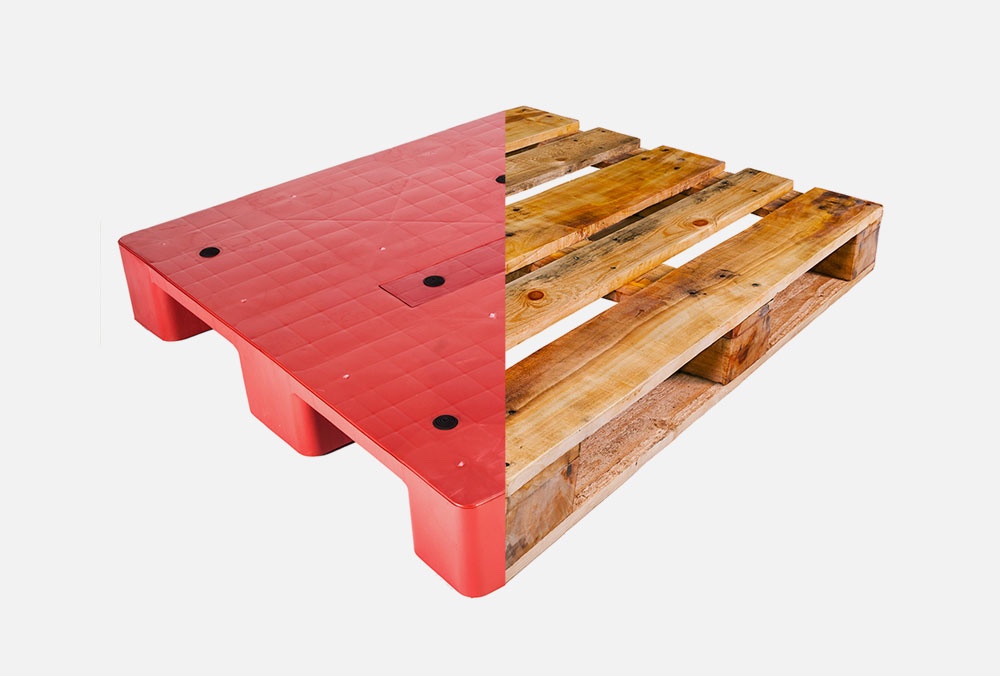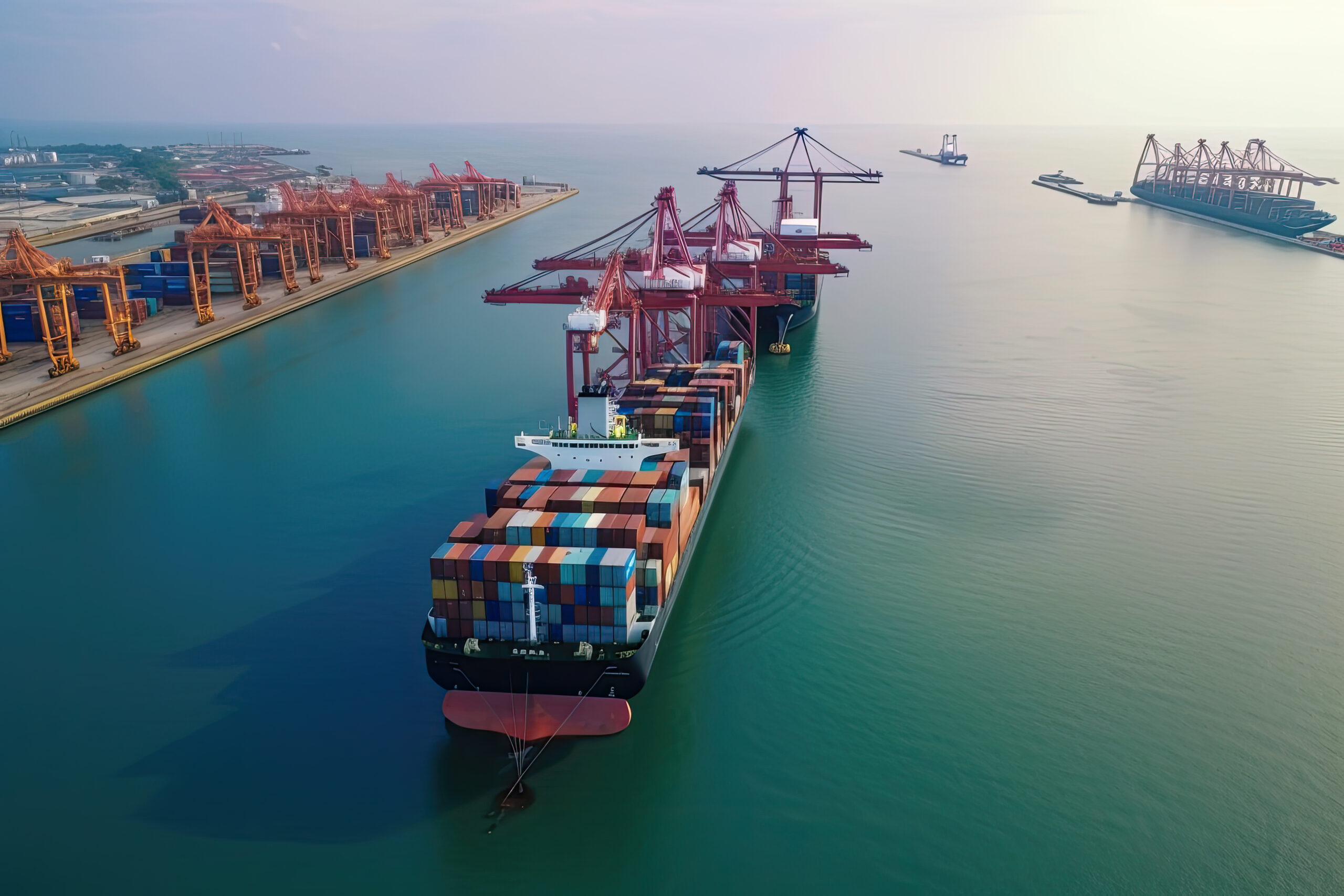Industrial pallets are an essential part of storing and transporting goods in a wide range of industries. While the first pallets were basic wooden structures, modern pallets come in many different materials, each offering unique advantages depending on the needs of your workplace. Choosing the right type of pallet can influence the efficiency of your operations in terms of cost, ease of use, hygiene, and sustainability. In this blog, we’ll break down the pros and cons of different pallet types to help you make the best choice.
Wooden Pallets
Wooden pallets remain one of the most popular options, especially when handling heavier products. Their strength, durability, and ease of availability make them a go-to option for many businesses.
Benefits:
- Durability and Strength: Wooden pallets are known for their sturdiness, which makes them ideal for heavy loads.
- Rack Storage: These pallets can easily fit into rack storage systems, making warehouse organization simpler.
- Cost-Effective: Compared to other materials like plastic or metal, wooden pallets are often more affordable.
- Easy to Build and Repair: If damaged, wooden pallets can be quickly fixed, and their simple design makes them easy to manufacture.
- Recyclable or Resalable: Once they’re no longer in use, wooden pallets can either be recycled into new products or resold.
Downsides:
- Heavier Weight: While strong, wooden pallets are heavier, which can drive up transportation costs, particularly for air freight.
- Harder to Clean: Wooden pallets can be difficult to thoroughly clean, which may not be ideal for certain industries, like food or pharmaceuticals.
- Water Damage: If left outdoors, they can absorb moisture and deteriorate over time.
- Safety Issues: Splinters, warping, or shrinkage can present safety hazards to employees handling the pallets.
Lightweight Plywood Pallets
If you’re looking for a lighter option that still offers significant strength, plywood pallets could be a great choice. These pallets are suitable for products requiring a clean and smooth surface.
Benefits:
- Smooth, Clean Surface: Plywood pallets provide a more refined, splinter-free surface that works well for delicate items.
- Moisture Resistance: These pallets do not absorb moisture as easily as traditional wooden pallets, making them more resistant to water damage.
- Versatile Use: They can be used in various ways, including rack stocking and layer stacking.
Downsides:
- Not Ideal for Long-Term Storage: Compared to other types, plywood pallets may not hold up as well over time.
- Storage Challenges: They may not be as easily stored in racking systems and can still suffer from water damage if exposed to the elements for long periods.
- Best for Sturdy Packaging: Plywood pallets work best when paired with products that have strong packaging, such as electronics or medical supplies.
Presswood Pallets
Presswood pallets are made by compressing dried wood fibers under heat and pressure, creating a lighter and more compact alternative to traditional wooden pallets.
Benefits:
- Strength and Lightweight: These pallets offer strength without the added weight, making them a lighter alternative to both wooden and plastic pallets.
- Easy to Stack: Presswood pallets are designed to be easily stacked and handled, saving space in warehouses.
- Insect Resistance: Because of the manufacturing process, presswood pallets are less susceptible to insect infestations.
- Reusability and Recyclability: They can be used multiple times and are 100% recyclable, making them an eco-friendly choice.
Downsides:
- Water Damage: Similar to wooden pallets, presswood pallets can suffer from water damage if exposed to moisture for extended periods.
- Storage Limitations: They may not be as easy to integrate into all warehouse racking systems, which can limit their storage capabilities.




